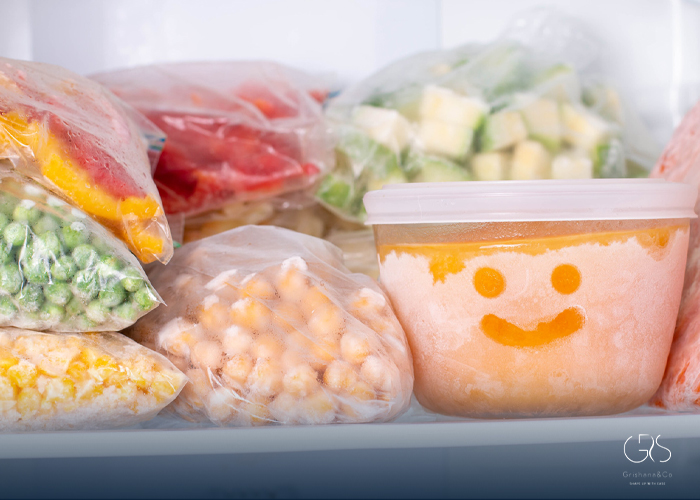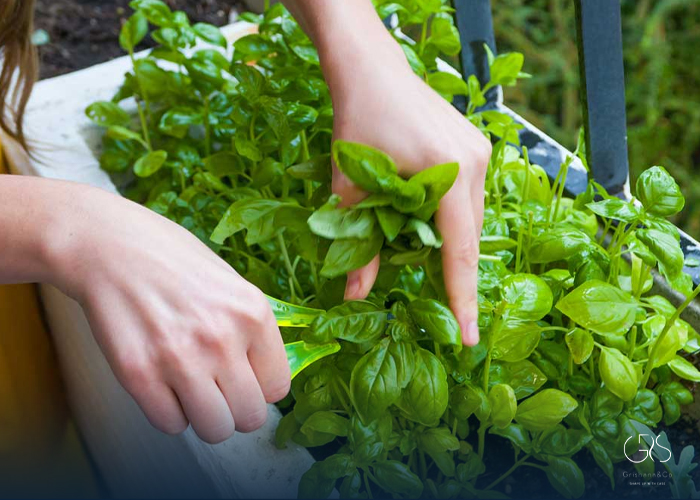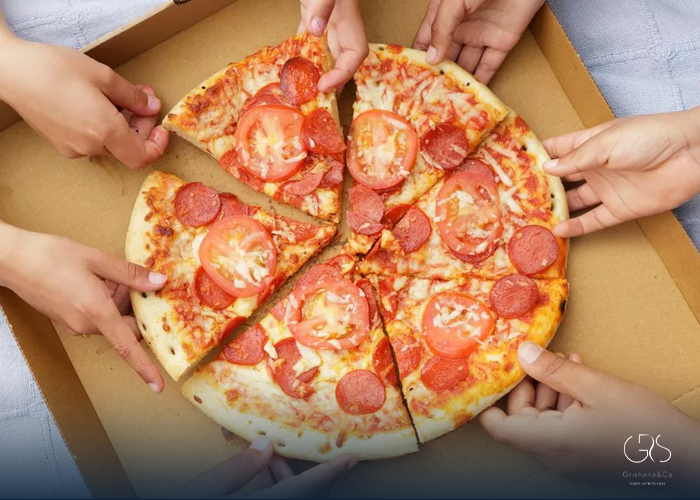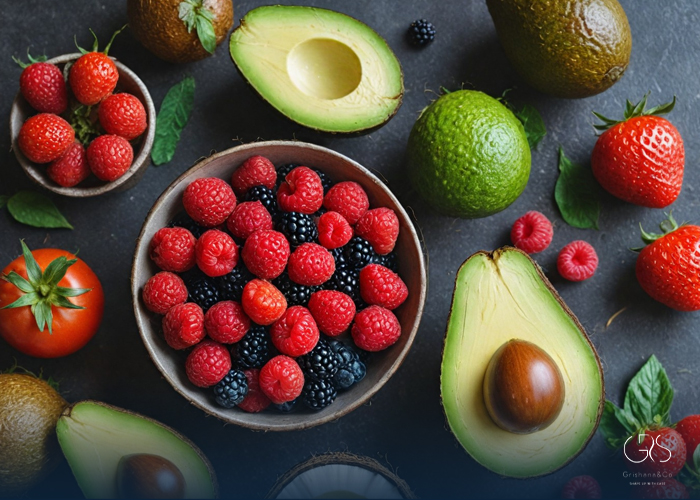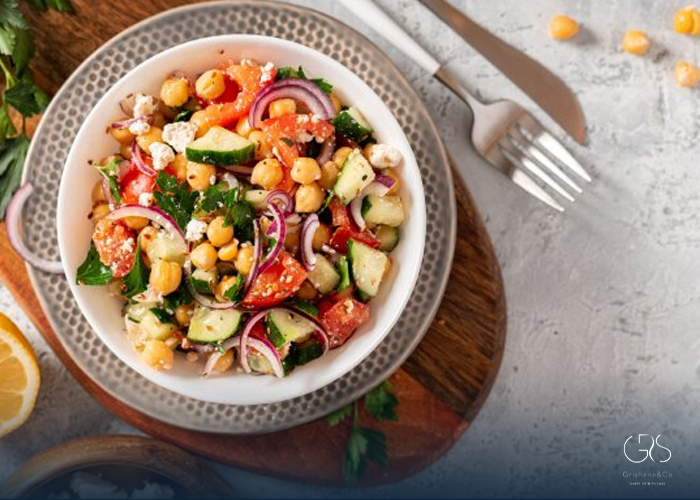Food freezing is a popular method for preserving perishable foods for prolonged periods, thus reducing food waste. It’s an effective way to preserve perishables while retaining their nutritional value. However, many people wonder if freezing food changes its nutritional value. In this article, we delve deep into this question, and we sought the expertise of registered dietitians that explain how freezing food changes its nutritional value.
What nutritional changes occur during freezing?
Freezing food is one of the most effective methods of preservation since low temperatures slow down the growth of microorganisms like bacteria, yeast, and mold. Going by the research published in the Journal of Food Research, the nutritional changes in frozen food differ depending on the type of food and the method used for freezing.
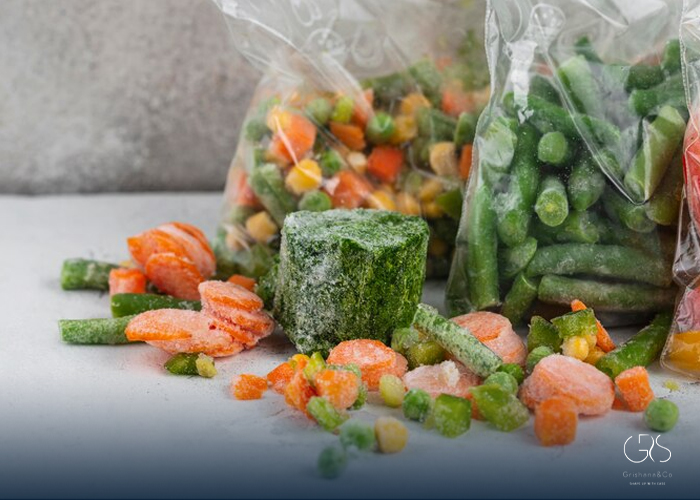
Some of the known nutritional changes during freezing include:
Loss of moisture
During the freezing process, moisture loss occurs, especially when the food is not properly stored. Moisture loss leads to a significant reduction in the overall weight of the food. Fruits and vegetables lose the highest amount of moisture while meats and poultry lose a little less. This nutritional change in food structure affects the overall texture and quality of the food post-thawing.
Vitamin loss
Freezing food can cause the loss of certain vitamins and minerals in foods, primarily water-soluble vitamins like Vitamin C and B complex. According to studies, the nutritional content of fresh produce such as green beans and broccoli is reduced by 33% to 50% when frozen.
Oxidation and nutrient destruction
Freezing can cause cell membrane damage that leads to the loss of quality and nutritional changes. The oxidation process also causes nutrient destruction in some of the foods. For instance, frozen fruits and vegetables like spinach, onions and garlic can lose their cancer-fighting compounds, such as allicin, when preserved in a freezer.
Enzyme activity
Some enzymes, such as those responsible for ripening fruits, can remain active in frozen food. For example, when frozen, a ripe banana may continue to soften, and thus becomes mushy once thawed.
How to minimize the nutritional changes caused by freezing?
While freezing can lead to certain nutrient losses, it is still a very useful preservation method that can be used effectively while minimizing the nutritional losses.
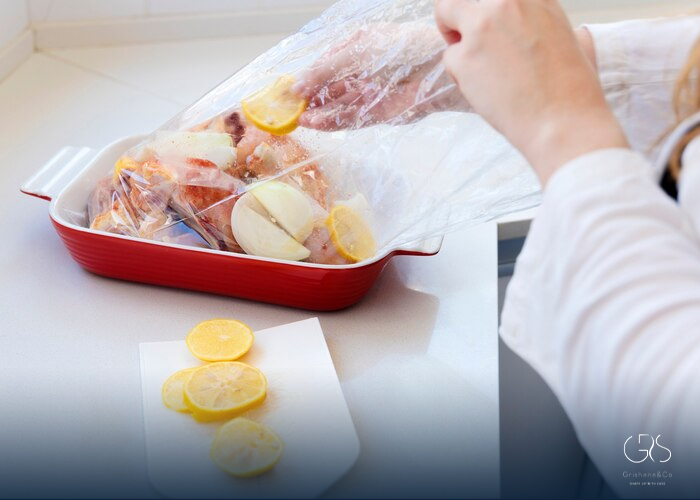
Here are some tips to help minimize nutrient losses caused by freezing:
Choose high-quality fresh produce
Start with high-quality produce that has the maximum nutrient value. This will ensure that you have more nutrients retained during the freezing process.
Use freezer-friendly packaging
When freezing food, the packaging is of utmost importance to minimize nutrient loss and freezer burn. Use proper storage containers that are freezer-friendly, such as glass containers, plastic bags, or vacuum-sealed bags. Ensure that the storage containers or bags are air-tight to prevent air and moisture penetration.
Blanch the produce
Blanching is the process of briefly cooking vegetables in boiling water and then plunging them in iced water. This process helps to stop enzyme activity, thus preserving the color, texture, and flavor of the food. Blanching also helps to inactivate microorganisms, including bacteria, present on the surface of the food. This process helps to minimize nutrient loss and also makes the freezing process more efficient.
Freeze quickly
Another method to minimize nutrient loss during freezing is to freeze the food quickly. Quick freezing stops enzymes and microorganisms from breaking down nutrients and causing oxidation. A quick freeze also helps the food to retain its structure and nutrients when thawed.
Rotate your frozen food supply
If you store them properly, frozen foods can last for a very long time. However, to minimize the nutrient loss, it is essential to rotate your frozen food stock regularly. This way, you’ll be able to consume food that has a higher nutritional value.
Conclusion
Overall, freezing is an excellent way to preserve food, minimize food waste, and save money. Although it may cause a few nutritional losses, a proper freezing process can go a long way towards preserving the nutrients in the food. By following the steps outlined above, you can preserve the nutritional value of your food and continue to enjoy it to the fullest.
Sources
- USDA Food Safety and Inspection Service, Freezing and Food Safety
- healthline, Fresh vs Frozen Fruit and Vegetables
- The Spruce, Freezing Food


